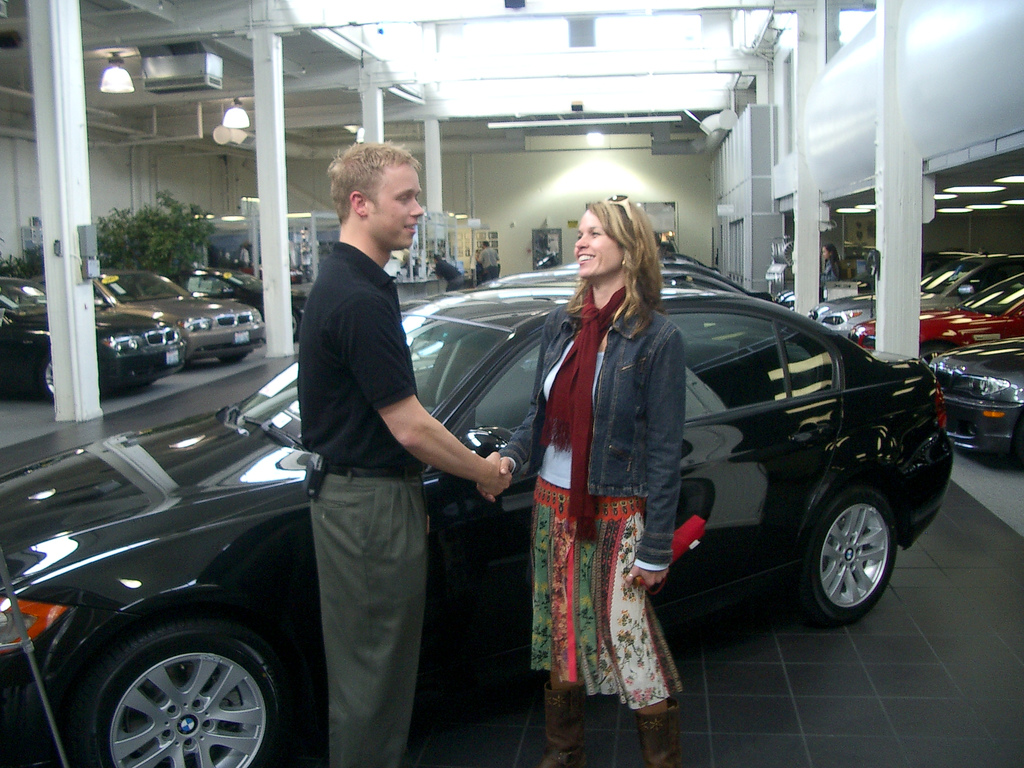What are the options for buying a car?
Buying a car is usually one of the most expensive purchases we make in our lifetime, maybe only second to buying a house or a flat. So, it is important to consider the different options that are available to you. Here is an overview of different finances available.
Cash from savings
This is the most straightforward way to pay for a car. However even the cheapest new cars cost several thousands of pounds. Most people are unable to pay for it in the one go. However using part of savings can be very beneficial when covering your deposit. The higher your deposit usually means lower interest rates. If you are unable purchase a new car from your savings all in the one go, there are alternative finance options available.
Personal loan
This is when you borrow money from the bank or building societies and agree to repay it back each month over an agreed period of time with a set interest rate.
There are two of loans: secured and unsecured loan. When you take out a secured loan you are saying you will use your owned property to pay the money back if you are unable to repay it. These loans are not dependent on your credit rating, the amount you can borrow, the repayment term and interest rate depend in your circumstances, including the value of your property.
An unsecured loan does not require you to own any property. The lender will usually decide if they can trust you to repay the money back depending on your . These loans are typically amounts between £1,000 and £25,000 and repayment terms are usually one to five years at a fixed rate of interest. The shorter the term, the less overall interest you will generally pay.
Personal loans are easy to set up and can cover the entire cost of the car. You won’t have to put down a deposit. However the monthly payments and are likely to be higher than dealer finance. Always shop around for the best interest rates offered by banks and building societies.
Hire purchase
This is an agreement between you and the car dealer, where you agree to finance the car through monthly installments. Typically, you’ll have to put down a deposit of 10% of the total price. Agreements are quick and easy to arrange and the repayment terms are flexible, ranging from 1 to 5 years. This type of loan is set against the car, so you won’t fully own the car until your last installment has been paid.
Personal contract purchase
A personal contract plan is another type of hire purchase. You pay a deposit including your monthly installments over an agreed term. However, a big chunk of your cars value is left until the end of your contract. When the contract is up, you can pay the final repayment and take ownership of the car or you can hand it back to your dealer without paying the final payment. Personal contract purchases are usually more expensive, but have lower deposits and monthly repayments than hire purchase because of the large lump sum at the end at the end of your contract. It’s relatively easy to obtain a PCP because the car is used as collateral and remains the property of the finance company until the final payment is made. However, the car’s mileage and overall condition and condition will affect the cost of the car.
Leasing deals
This is where you would come to an agreement with the car dealer to pay a monthly fee that includes maintenance costs. However, you will have to agree not to exceed a set mileage. When the agreed term is up, the car goes back to the dealer. In other words, you would pay to hire the car for a set period of time. The great thing about leasing a car is that you won’t have to worry about your car decreasing in value. However the monthly costs are usually high as maintenance is included. Also, if you go above your restrictions in mileage you will be charged for every mile you go over the limit and unfortunately you will not technically own the car.
If you take out a car finance loan, you will understand the process of borrowing money so in the future when you apply for another loan you will know how the process works. Always make sure that whatever option you choose, that it suits you over a long period of time and you don’t fall behind in payments.

